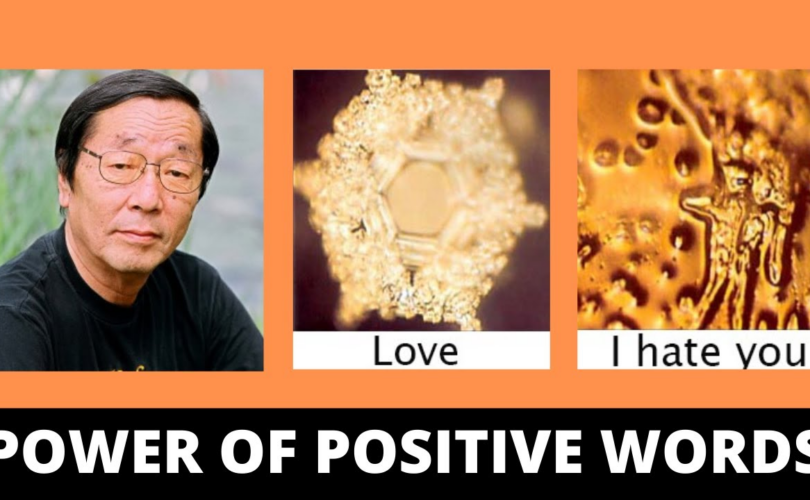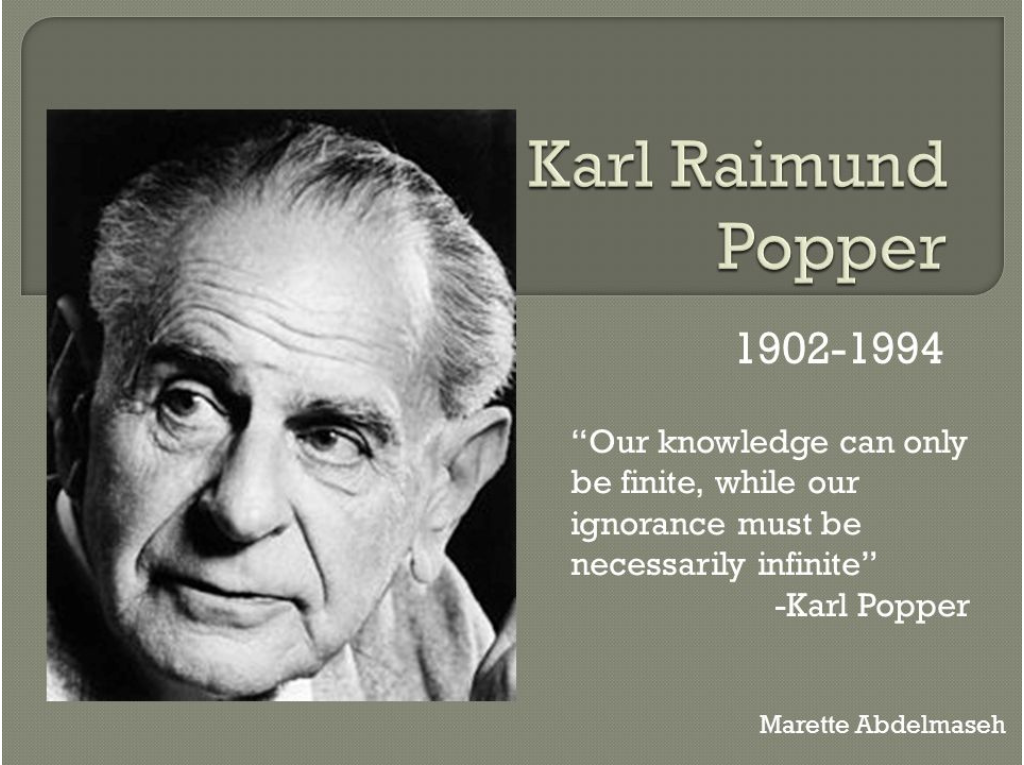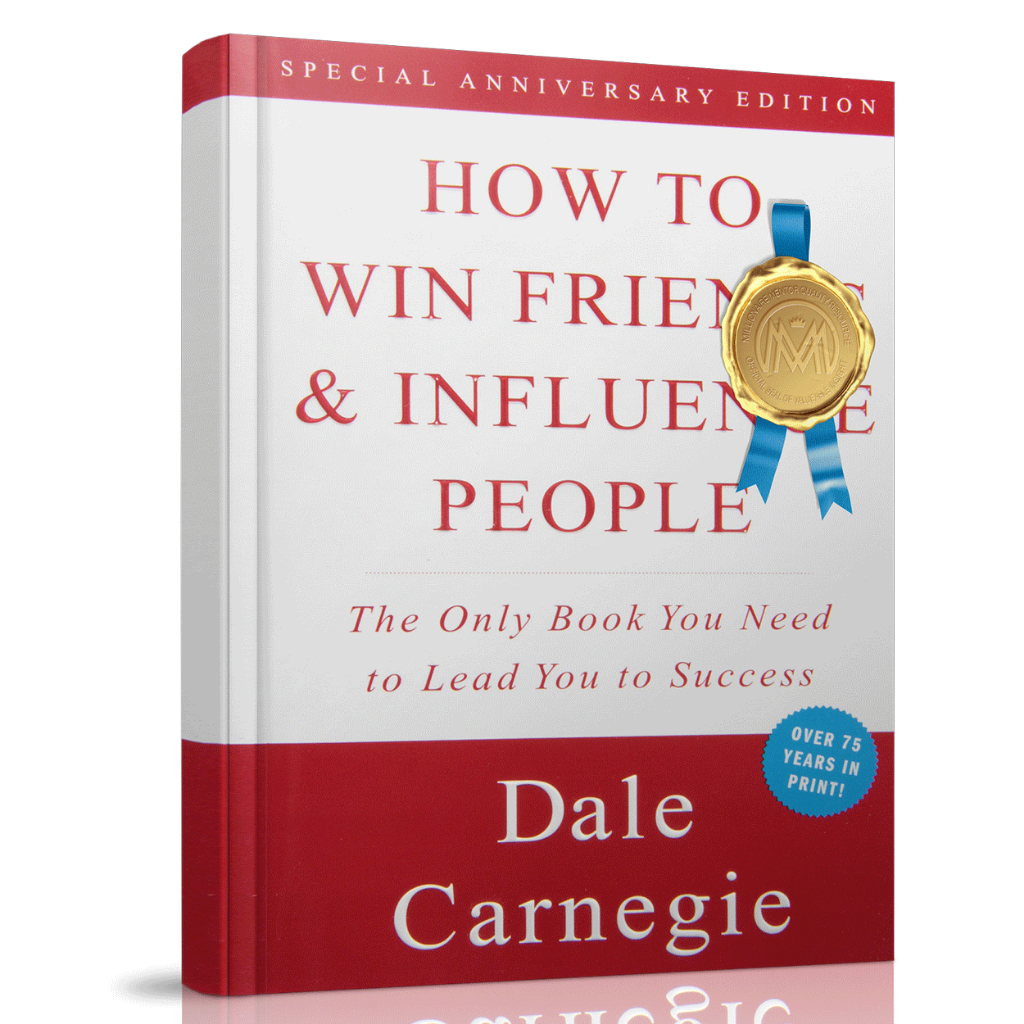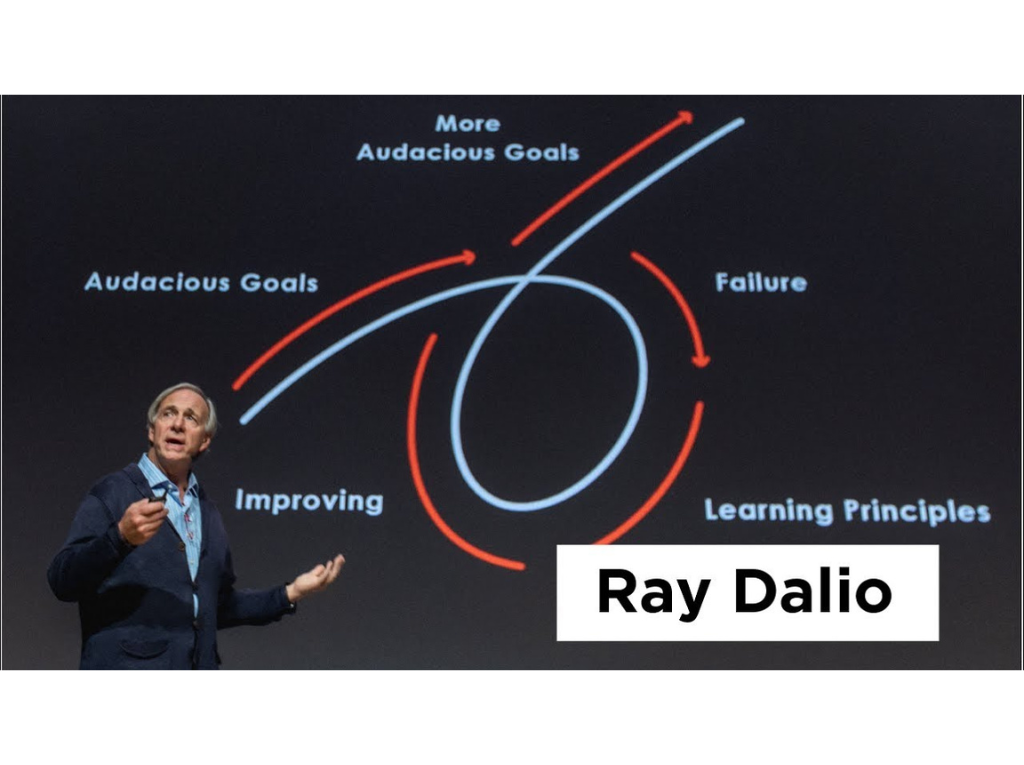Take a moment to observe these two images. The left one represents the crystalline structure of water exposed to positive words, thoughts, and intentions. The right one shows the distorted structure of water exposed to negativity.

Dr. Masaru Emoto’s groundbreaking water experiment demonstrated how words and intentions could influence the molecular structure of water. Considering that our bodies are composed of about 60–70% water, this experiment has profound implications for how our thoughts and words might influence not only ourselves but also those around us.
Also you can check water and rice experiment to know what your words and intentions can do.

How Negativity Affects Others: Practical Examples
- Words Toward Children
Imagine a parent constantly criticizing their child with phrases like:
“Why can’t you ever do anything right?” or “You’re such a disappointment.”
Dr. Emoto’s principles suggest that such negative words could metaphorically “distort” the water within the child, disrupting their emotional and physical balance. Over time, this could manifest as low self-esteem, anxiety, or even physical health issues.On the flip side, affirmations like “You are so capable!” or “I’m proud of your effort!” could nurture the child’s inner “water,” creating a sense of safety and confidence. - Interactions with Loved Ones
Think about your spouse, parents, or siblings. A harsh word spoken in anger, such as “You never help around here!” or “You’re impossible to deal with,” might hurt their internal equilibrium. They may not show the damage immediately, but consistent exposure to such negativity can erode trust, love, and even health over time.Conversely, words of kindness like “Thank you for always trying your best,” or “I appreciate you,” can strengthen their emotional and even physical well-being. - Workplace Dynamics
At work, imagine a manager harshly reprimanding an employee with statements like:
“This is unacceptable. You’re completely incompetent.”
According to Dr. Emoto’s findings, this negative energy could metaphorically distort the “water” within the employee, leading to stress, resentment, or burnout.On the other hand, constructive feedback such as:
“Here’s how we can improve this together,” paired with encouragement, can help the “water” flow harmoniously, promoting productivity and well-being.
The Boomerang Effect: How Negativity Hurts You
It’s not just others who are affected by negativity; it reflects back onto the source.
When you criticize, complain, or blame, you’re directing those negative vibrations at yourself, potentially altering your own “water structure.” Prolonged negativity can result in physical manifestations like fatigue, tension, or even illness, and emotional effects like chronic stress or anxiety.
Imagine holding anger in your heart—it’s like drinking a poison expecting someone else to suffer. Dr. Emoto’s work reminds us that our thoughts and words ripple outward but also inward, shaping us on a molecular level.
Real-World Application: Choosing Positive Energy
- Pause Before Reacting
The next time you’re about to criticize someone, take a deep breath. Ask yourself, “Is this helpful? How would I feel if someone said this to me?” - Practice Gratitude
Instead of focusing on what’s wrong, acknowledge what’s right. For example:
Instead of “Why is this house always a mess?” say, “I appreciate all the effort you put into making this a home.” - Use Positive Affirmations
Incorporate kind and uplifting phrases into your daily conversations. Even simple words like “Thank you,” “I’m proud of you,” or “I believe in you,” can have profound effects. - Be Mindful of Self-Talk
Your internal dialogue is just as powerful as the words you say to others. Replace thoughts like “I’m not good enough,” with “I’m doing my best, and that’s enough.”
A Call for Awareness
Dr. Emoto’s experiment is more than a scientific discovery; it’s a wake-up call. It reminds us of the invisible but profound impact our words, thoughts, and intentions have on the world around us—and within us.
Do you really want to distort the “water” in your children, your loved ones, or yourself? If not, choose kindness, positivity, and love. Each word and thought is an opportunity to create harmony or chaos.
The choice is yours. Let’s choose wisely, for ourselves and for those we care about.







